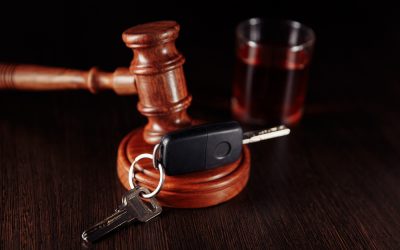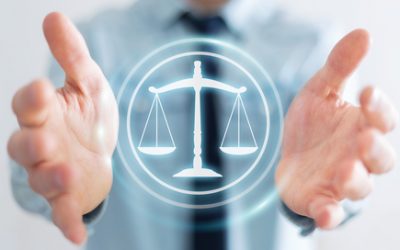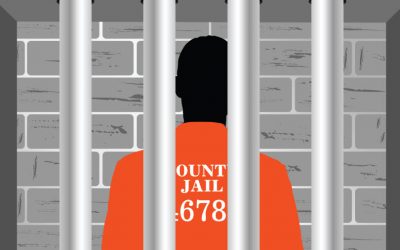Getting a DUI in the state of California is no laughing matter. Even if you’re a driver with no record of drunk driving, the penalties you face can be life-changing. You face jail time, thousands of dollars in court-ordered fines, mandatory license suspension, and more. The lingering consequences of a DUI conviction can follow you for over ten years, impacting your ability to get a reasonable price for car insurance, secure certain jobs, and even renting an apartment.
If you’ve already been charged with a DUI, your best chance at avoiding a DUI conviction may come from hiring the right DUI lawyer. Depending on the unique circumstances of your case, a skilled DUI attorney may be able to have your charges reduced or eliminated. To learn how we can help you schedule a free consultation with an experienced Los Angeles DUI attorney, call us today at (310) 971-9045.
Tip 1: Avoid Being Suspicious
Police require probable cause to arrest you for a DUI. Without sufficient probable cause leading up to your arrest, any charges against you can be dismissed.
Make sure that your vehicle is in perfect working order before driving. Aside from making the roads a safer place, a properly maintained car will give the police less justification to make an initial traffic stop. Stopping you for a broken taillight can very easily lead to a police officer smelling alcohol on your breath.
Similarly, make sure that you’re following the rules of the road properly. Adhering to the speed limit and obey all traffic signs will give officers less of a reason to stop you.
Tip 2: Be Polite to the Police, but Know Your Rights
If you end up getting pulled over, the last thing you want to do is get aggressive with the officer. The officer may not have been suspicious of drunk driving when he or she pulled you over but failing to be polite can help tip the officer off to your prior drinking.
If the officer has a suspicion that you’ve been drinking prior to driving, he or she may ask you to submit to a field sobriety test. You are allowed under California law to politely decline the request, even if the officer strongly insists that it will only help prove your innocence. You may likewise refuse a breathalyzer test without any penalty, but only if you haven’t been arrested.
Tip 3: Comply with the Officer’s Requests if You’ve Been Arrested
If the officer has arrested you on suspicion of DUI, you should comply with the officer’s requests. Failing to submit to a chemical test after you’ve been arrested can result in additional penalties being added on top of a DUI conviction, including a one-year license suspension implemented by the DMV.
Submitting to a chemical test is not a guarantee that you’ll be convicted of a DUI. Errors occur in the testing process, equipment isn’t always properly maintained, and there may be alternate explanations for your BAC level that your lawyer can explain. Once you’ve been arrested for a DUI, properly contesting the chemical test results will be a key part of your defense and could be the vital component to avoiding a conviction.
Tip 4: Don’t Drink and Drive
If you truly want to avoid getting a DUI, your best bet will be avoiding drinking and getting into the driver’s seat of your car. To get a DUI conviction, a prosecutor must be able to prove that you have a blood alcohol content of 0.08% and you were driving. If you know that you’re going to have to drive, not drinking is a solid way to avoid getting a DUI.
If you’re going to an event where you think there’s a chance that you’ll drink, try to plan for alternate transportation home. Even if you’ve only had one drink, your BAC may end up being above the legal limit. Arrange a designated driver ahead of time or make sure that you can call a taxi or use a ride-sharing service.
Avoid a DUI Conviction with the Help of a DUI Lawyer
Once you’ve been arrested for a DUI in California, the best tip to avoid a conviction is to hire an attorney with years of experience handling cases just yours. If you’re in Los Angeles, call us at (310) 971-9045 to schedule a consultation with a skilled DUI who can evaluate your case at no cost to you.






